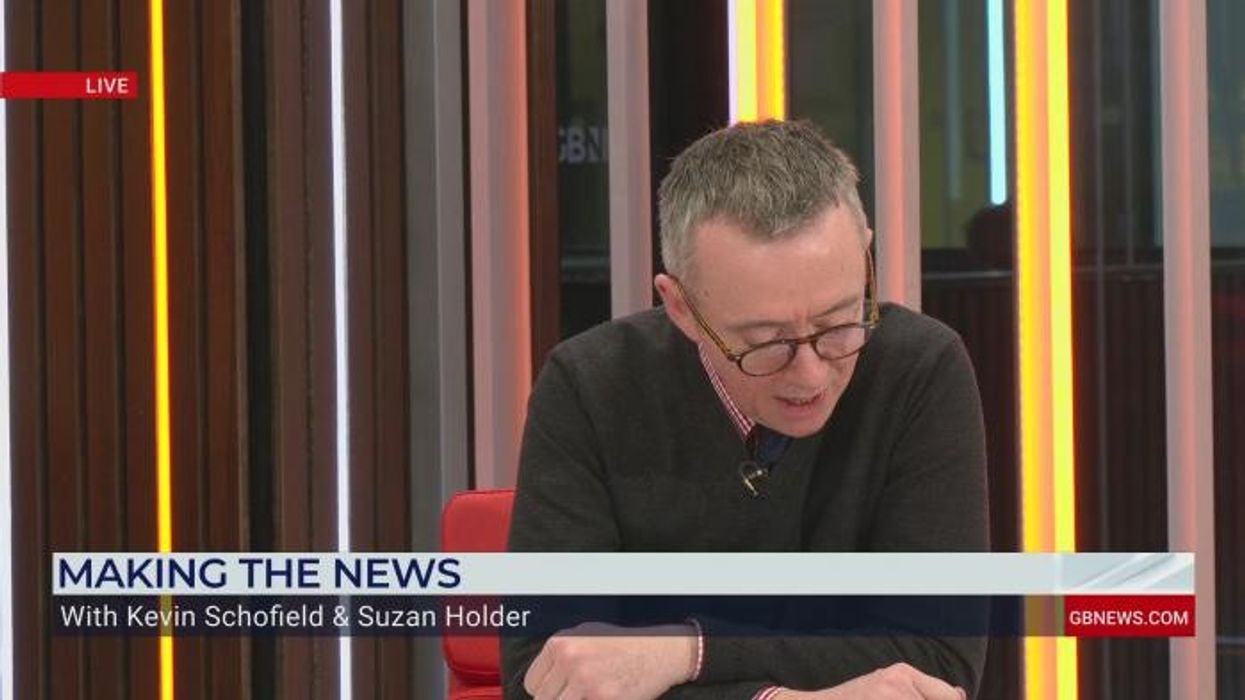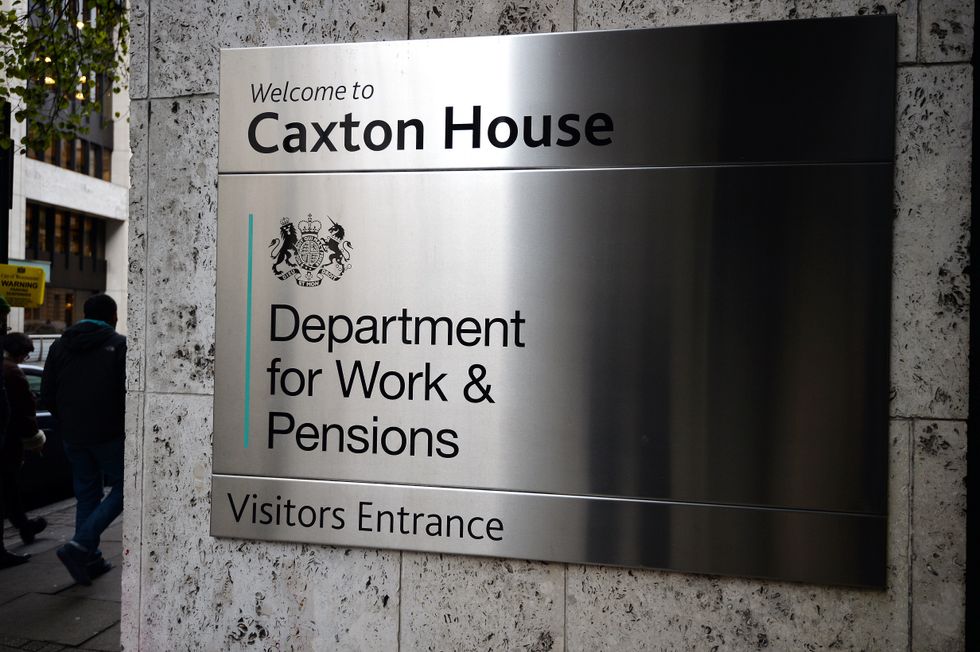DWP alert: Eight reasons your PIP payments could be stopped ahead of benefit crackdown

‘Groundhog Day!’ Rachel Reeves issued plea as DWP threaten long-term sick with benefits crackdown |
GBNEWS

The new rules represent a significant shift in how disability support is assessed and given out
Don't Miss
Most Read
Latest
The Department for Work and Pensions could stop Personal Independence Payment benefits for eight distinct reasons before new eligibility rules take effect next year.
These stoppages come as the Labour Government seeks to save £5 billion from PIP and Universal Credit spending.
Current PIP claimants could see their payments stopped for a range of admin or personal reasons, even though benefit fraud is now at a record low.
From next year, qualifying for PIP will become more stringent, requiring applicants to score at least four points on one specific daily living activity.
Under the new rules, having small difficulties in several areas won’t be enough to qualify for PIP. This marks a major change in how disability support is judged and given out.
Currently, the most common reasons for stopping it are:
1. One of the main reasons people lose PIP is not sending back review forms on time. Citizens Advice identifies this as a frequent cause, with late submissions potentially requiring entirely new claims.
Claimants should contact the DWP immediately if there is a delay. A valid reason might result in an extension, but late forms risk requiring a new claim entirely.

Those wishing to challenge a decision to stop their claim must do so within one month
| GETTYThose wishing to challenge a decision to stop their claim must do so within one month.
2. Fixed-term awards also end automatically, sometimes after just one year. Whilst review forms are typically sent before expiry, claimants must reapply if none arrives.
If a review form has been returned but no decision is received, it is advisable to call the DWP to confirm receipt and request an update.
3. Medical assessments can lead to payment stops if the DWP determines a claimant's condition has improved. Those disagreeing with such decisions can challenge them within one month, ideally providing supporting evidence from medical professionals.
4. Failure to attend a scheduled medical assessment can result in PIP payments being stopped. Claimants should contact the DWP as soon as possible to explain the reason for their absence and request a new appointment.
If the DWP accepts the explanation and reinstates the claim, they may backdate any missed payments.
Claimants who miss appointments should contact the DWP immediately to explain their absence and request rescheduling, with the possibility of backdated payments if explanations are accepted.
5. Notifying the DWP of a change in personal circumstances may lead to a reassessment of eligibility. This can result in payments being stopped if the claimant no longer qualifies. Key changes that must be reported include:
- Being abroad for more than 13 weeks
- Admission to hospital, a care home, or prison
- Becoming subject to immigration control
Changes such as starting a job or moving in with a partner do not need to be reported. If circumstances change again (e.g. leaving hospital or returning to the UK), the DWP should be contacted to explore the possibility of restarting the claim or making a new one.
6. Immigration control status changes can halt payments, with Citizens Advice recommending immediate support through their helpline.
7. The DWP may also reduce future payments to recover overpayments, though those struggling with essentials can contact the Debt Management team to negotiate reduced repayments.

Changes like starting employment or cohabiting with a partner don't require reporting
| GETTY8. Suspected benefit fraud leads to payment suspension during investigations. Citizens Advice suggests seeking legal representation during this process, with withheld funds potentially repaid if no fraud is found.
Notably, changes like starting employment or cohabiting with a partner don't require reporting, whilst leaving hospital or returning to the UK may allow claim reinstatement.
Despite these various reasons for payment cessation, PIP fraud remains at historically low levels. Current overpayment rates stand at just 0.4 per cent, equivalent to £90 million annually, down from 1.1 per cent or £200 million in the previous financial year.
Most overpayments result from claimants not reporting changes in their needs rather than deliberate fraud. Only one in 100 PIP recipients receives overpayments.
Mikey Erhardt, campaigner at Disability Rights UK, stated: "New data shows what we, as disabled people, have known for years - PIP fraud is a non-issue. PIP fraud is now the lowest on record - despite the government placing fraud front and centre of their latest public announcements."

The new eligibility criteria set to begin next year will fundamentally alter how PIP assessments worK
| GETTYErhardt added: "If the government is concerned about fraud, it would be serious about the £15.2bn that multinational companies hide from the UK via tax havens. Money which could fund public services that we all need and use. Instead, disabled people continue to be demonised."
The new eligibility criteria set to begin next year will fundamentally alter how PIP assessments work. Rather than accumulating points across multiple daily living activities, claimants will need to score at least four points on one specific activity to qualify.
This represents a substantial tightening of access to disability benefits. Under current rules, someone experiencing minor difficulties across several areas of daily life could qualify for support by reaching the required total points threshold.
The change forms part of the government's broader effort to reduce benefit spending by £5 billion. Standard rate PIP currently provides £73.90 weekly, whilst enhanced rate claimants receive £110.40, with additional mobility elements worth £29.20 or £77.05 weekly depending on the level of support needed.
More From GB News










